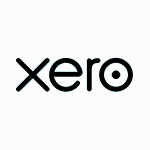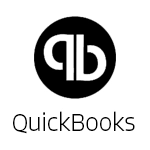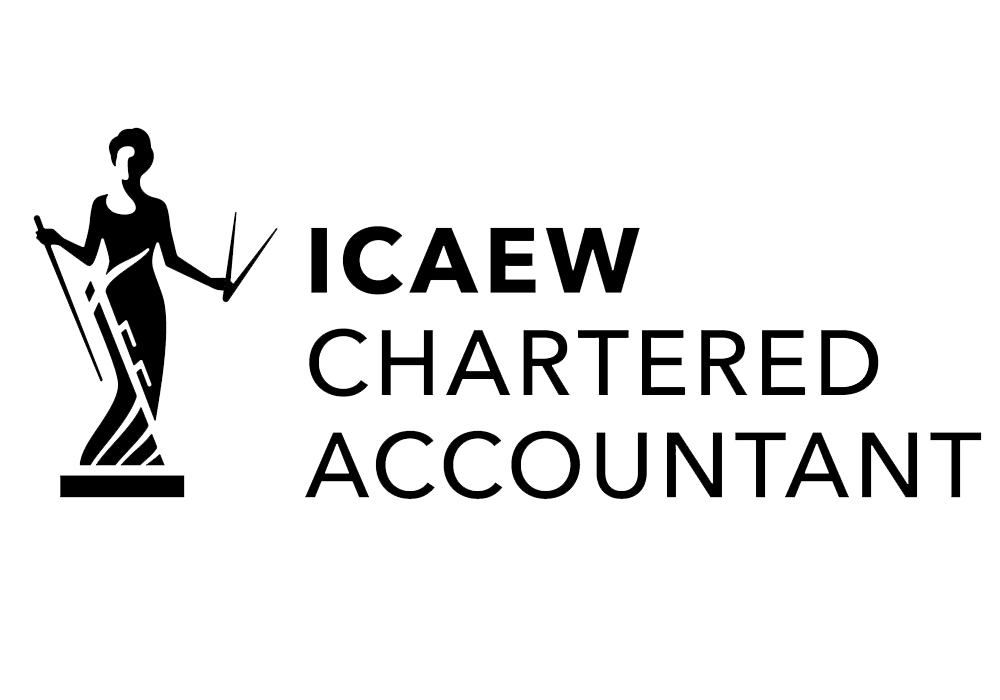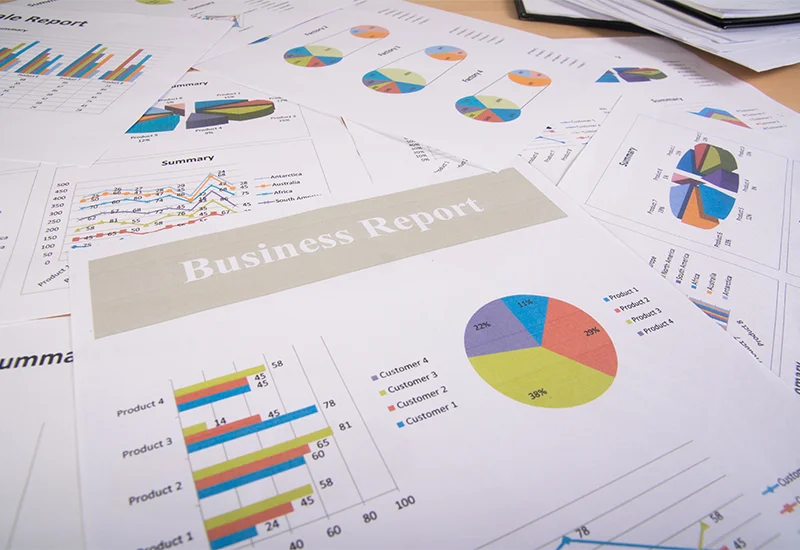Expert Accountants for Small Business Bookkeeping and Tax Support
Running a business comes with enough demands without having to worry about bookkeeping, tax returns, and HMRC compliance. At Strix Accountancy, our team of experienced chartered accountants and tax advisors in Birmingham provide reliable support tailored to small businesses. Whether you need help with day-to-day bookkeeping, preparing your self-assessment tax return, or managing your year-end accounts, we ensure your finances are accurate, compliant, and always up to date. Let us handle the numbers—so you can focus on growing your business.





Why Choose Strix Accountancy?
ICAEW Chartered & Regulated – Work with fully certified accountants who uphold the highest standards of accuracy, compliance, and professionalism.
Fixed, Transparent Pricing – We believe in honesty—no hidden charges, just clear and affordable pricing tailored to your needs.
Tax Efficiency Focus – Our proactive approach helps you reduce tax liabilities and make the most of your income, ensuring your business stays as profitable as possible.
Cloud-Based Accounting – We use cutting-edge tools like Xero, QuickBooks, and FreeAgent to give you real-time access to your accounts—anytime, anywhere.
Business Growth Experts – We do more than crunch numbers. With a deep understanding of business, we support your long-term goals and help you scale with confidence.


ICAEW Chartered Accountants – Expertise You Can Trust
At Strix Accountancy, we are proud to be ICAEW Chartered Accountants, a mark of excellence in the accounting industry. This accreditation means we meet the highest professional standards, adhere to strict ethical guidelines, and provide expert financial advice backed by industry-leading qualifications.
Why Choose an ICAEW Chartered Accountant?
- Regulated & Trusted – We follow strict professional and ethical codes.
- Expert Financial Guidance – Strategic advice tailored to your business needs.
- Compliance & Accuracy – Assurance that your finances are managed correctly.
- Proactive Business Support – Helping you grow with informed financial decisions
With Strix Accountancy, you’re in safe hands—expertly managed accounts, full compliance, and financial clarity.
Straight to the point. No nonsense. No hassle.
Here’s how it works…

Use our portal to send invoices for smooth a hassle-free process.

We take care of your bookkeeping, payroll, bank reconciliations, and VAT management with ease and efficiency.

Every month, a member of our accountancy team will deliver your financial reports along with expert advice.

At year-end, we'll prepare your returns and submit them to Companies House and/or HMRC for you.
Hassle-Free Accounting Solutions
Hand over your paperwork (or don’t because we make it easy).
You didn’t launch your business just to get buried in tax forms and spreadsheets…
We’ve been in your position, so we understand exactly what matters (and what doesn’t).
Our simple, subscription-based online accounting service supports start-ups, freelancers, small businesses, sole traders, and limited companies with all things finance and tax.
You focus on growing your business we’ll take care of the numbers.
Hassle-Free Accounting Solutions
- Financial record-keeping and reconciliation
- Monthly financial performance reports
- Annual financial statements and compliance reporting
- Personal income tax filing
- Submission of reports to HMRC and Companies House
- VAT calculations and quarterly submissions
- Employee payroll processing and tax deductions
- Business tax preparation and submission
- Tax filing for partnerships and joint ventures
- Generating and managing invoices with our complimentary software
FAQ
How much does an accountant cost for a small business in Birmingham?
Accountancy fees in Birmingham typically range from £100 to £350 per month for limited companies, and £60 to £150 per month for sole traders. At Strix Accountancy, our fees depend on your turnover, transaction volume, and required services. As ICAEW Chartered Accountants with 10+ years’ experience, we provide transparent fixed-fee quotes after understanding your specific needs. Contact us for a free consultation.
Do I need an accountant as a sole trader?
Whilst not legally required, hiring an accountant saves sole traders significant time and money. An accountant ensures accurate tax returns, maximises allowable expenses, handles HMRC compliance, and prevents costly penalties. Most sole traders find the tax savings exceed the accountant’s fees. With VAT registration at £85,000 turnover and complex self-assessment rules, professional support becomes essential as your business grows.
How do I get a quote for accountancy services?
Use our free instant quote calculator at the top of this page to receive a tailored quote within 60 seconds. Simply enter your business type (sole trader or limited company), annual turnover, and required services. Our calculator provides transparent fixed-fee pricing with no hidden costs. For complex requirements or bespoke services, book a free consultation and we’ll provide a detailed proposal within 24 hours.
What's the difference between a bookkeeper and an accountant?
Bookkeepers record daily transactions, reconcile bank statements, and maintain financial records using software like Xero or QuickBooks. Accountants prepare annual accounts, file tax returns, provide strategic tax planning, ensure regulatory compliance, and offer business advice. Chartered Accountants hold professional qualifications (ICAEW, ACCA) and can represent you with HMRC. Most businesses need both: bookkeeping for day-to-day records, accountants for year-end compliance and tax strategy.
What expenses can I claim as self-employed?
Allowable business expenses include office costs (rent, bills, equipment), stock and materials, marketing and advertising, business travel and fuel, professional subscriptions, insurance, and home office use (simplified or actual costs method). You cannot claim personal expenses, client entertainment, or commuting from home to a permanent workplace. HMRC requires receipts and accurate records kept for five years. An accountant ensures you claim every eligible expense without risking HMRC penalties.
How long does it take to prepare year-end accounts?
Year-end accounts preparation typically takes 2-4 weeks from when you provide complete financial records to your accountant. Limited companies must file accounts with Companies House within 9 months of their financial year-end. Delays occur when bookkeeping isn’t up-to-date or records are incomplete. Using cloud accounting software (Xero, QuickBooks) and maintaining monthly bookkeeping significantly reduces turnaround time and ensures deadline compliance.
When should I switch from a sole trader to a limited company?
Most businesses consider switching to a limited company when annual profits exceed £50,000, as corporation tax rates (currently 19-25%) become more favourable than income tax. Limited companies offer liability protection, tax efficiency through dividends, enhanced business credibility, and easier access to funding. However, they require more administrative work and Companies House filings. An accountant can calculate your personal tax savings and advise on optimal timing for incorporation based on your circumstances.
What is Making Tax Digital and how does it affect my business?
Making Tax Digital (MTD) requires businesses to keep digital records and submit returns using MTD-compatible software. Currently mandatory for VAT-registered businesses with turnover over £85,000, MTD for Income Tax affects sole traders and landlords earning over £50,000 from April 2026 (reduced from £30,000). You’ll need accounting software like Xero or QuickBooks, and must submit quarterly updates to HMRC. Non-compliance results in penalties, so accountants help ensure your systems are MTD-ready.
How can I reduce my tax bill legally?
Legal tax reduction strategies include claiming all allowable business expenses, maximising pension contributions (up to £60,000 annually), utilising ISA allowances, timing income and expenses strategically, claiming capital allowances on equipment, and structuring your business optimally (sole trader vs limited company). Married couples can shift income to utilise both personal allowances. Landlords can incorporate properties for tax efficiency. An accountant identifies opportunities specific to your situation whilst ensuring full HMRC compliance.
What records do I need to keep for HMRC?
HMRC requires businesses to keep all records for at least 5 years from the 31st January tax submission deadline. This includes sales invoices, purchase receipts, bank statements, payroll records, VAT returns, expense receipts, mileage logs, and asset purchase documentation. Records must show all business income and expenses with supporting evidence. Cloud accounting software like Xero automatically stores digital records. Missing records during an HMRC investigation can result in estimated tax bills and penalties.
Want to switch to hassle free accounting?













